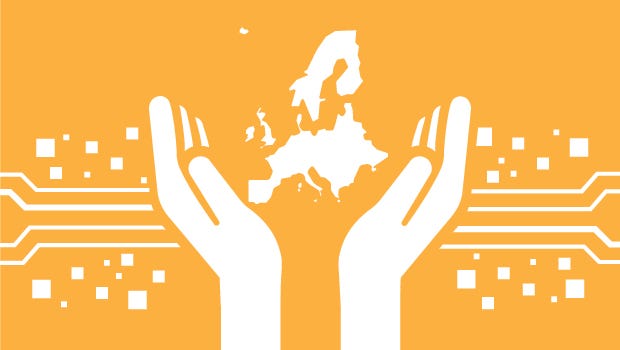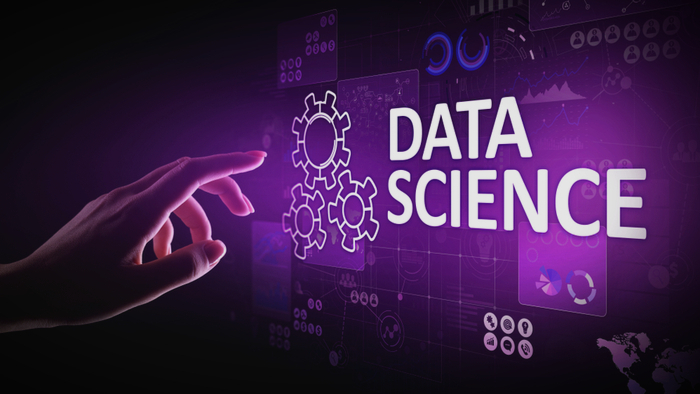Data Science for Social Good: Using Data to Drive Positive Change in Communities
In recent years, data science has emerged as a powerful tool for driving positive social change and addressing pressing issues in communities around the world. By harnessing the potential of data analysis and machine learning, organizations and researchers can gain valuable insights into social problems, design targeted interventions, and make evidence-based decisions to improve the lives of people in need.
One of the primary applications of data science for social good is in the field of public health. Health organizations and researchers can collect and analyze vast amounts of health-related data to track disease outbreaks, identify high-risk populations, and develop effective intervention strategies. For instance, during the COVID-19 pandemic, data scientists played a crucial role in modeling the spread of the virus, predicting healthcare resource needs, and guiding public health policies to mitigate the impact of the disease.
Education is another area where data science is making a significant difference. By analyzing student performance data, educational institutions can identify factors influencing academic success and implement targeted interventions to support struggling students. Data-driven insights enable educators to personalize learning experiences, identify at-risk students, and provide additional resources or tutoring to help them succeed. Moreover, data analysis helps policymakers assess the effectiveness of educational programs and allocate resources where they are needed most, ensuring equal access to quality education for all students.
In the realm of social services, data science is used to optimize resource allocation and service delivery. Government agencies and non-profit organizations can analyze demographic data, socioeconomic indicators, and service usage patterns to identify areas with the highest need for social assistance programs. By directing resources efficiently, these organizations can maximize their impact and support vulnerable populations, such as low-income families, the homeless, and refugees.
Additionally, data science plays a vital role in environmental conservation and sustainability efforts. Environmental scientists and conservationists use data analysis techniques to monitor biodiversity, track deforestation, and analyze climate change patterns. By understanding environmental trends, researchers can develop conservation strategies, influence policies, and raise awareness about the importance of preserving natural habitats and ecosystems.
Furthermore, data science is instrumental in disaster response and humanitarian aid efforts. During natural disasters, such as hurricanes, earthquakes, or floods, data scientists analyze various data sources, including satellite imagery, social media posts, and emergency response data, to assess the impact of the disaster and identify areas in urgent need of assistance. These insights enable relief organizations to coordinate their efforts effectively, prioritize rescue operations, and deliver aid to affected communities swiftly.
In conclusion, data science for social good is a transformative force that can drive positive change in communities and address some of the world’s most pressing challenges. By leveraging data-driven insights, organizations and researchers can design targeted interventions, advocate for evidence-based policies, and ultimately improve the quality of life for people in need. As data science continues to advance, its potential to create a positive social impact will only grow, ushering in a brighter and more equitable future for communities worldwide.
